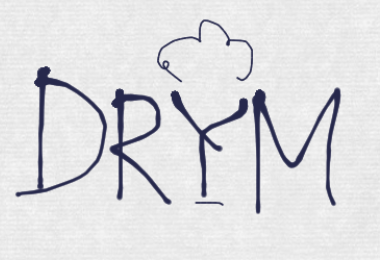I recently had the opportunity to give a talk at RacketCon. It was a chance to demonstrate what ABE looks like in practice as we prototype this new economic paradigm in open source software projects.
Briefly, if you’re not familiar, Attribution Based Economics (ABE) is a basis for an ambitious new economic system in which development and innovation need not happen behind closed corporate doors or in the ivory towers of academia. Instead, ABE shows us a new and open way, where value is created collaboratively at scale, and where creators are recognized fairly — and financially — without their needing to retain any leverage on these contributions in the form of crude notions of “ownership” (i.e. copyright and patents) that are applied to software today. In ABE, contributors become the most wealthy by giving the most away, redeeming our intuitions about the true value of the open source model and promising to make it economically viable at last.
The talk presents these ideas through the lens of “A Day in the Life” of an ABE project, Qi. Qi is an innovative programming language for the Racket platform. Recently, the project undertook the collaborative creation of an optimizing compiler for the language, a significant undertaking with contributors participating from around the world. Equal parts social case study and technical deep dive, the talk describes how this enterprise was accomplished behind the scenes guided by ABE.
Watch it here!
Incidentally, I was also the emcee at this year’s RacketCon! We had an amazing series of speakers, headlined by Douglas Crockford, and I encourage you to watch all the other talks as well.
I came to the Racket community a few years ago because I felt it could be the right platform for building many of the breakthrough technologies that ABE will need as we scale up our operations for everyone’s benefit (ABE is not a startup!). A few years in, I’m even more confident I made the right choice in choosing Racket due to the possibilities it offers and the talent in the community, even though it may be a relatively little-known language. If you’re a programmer or interested in learning, give it a go!
